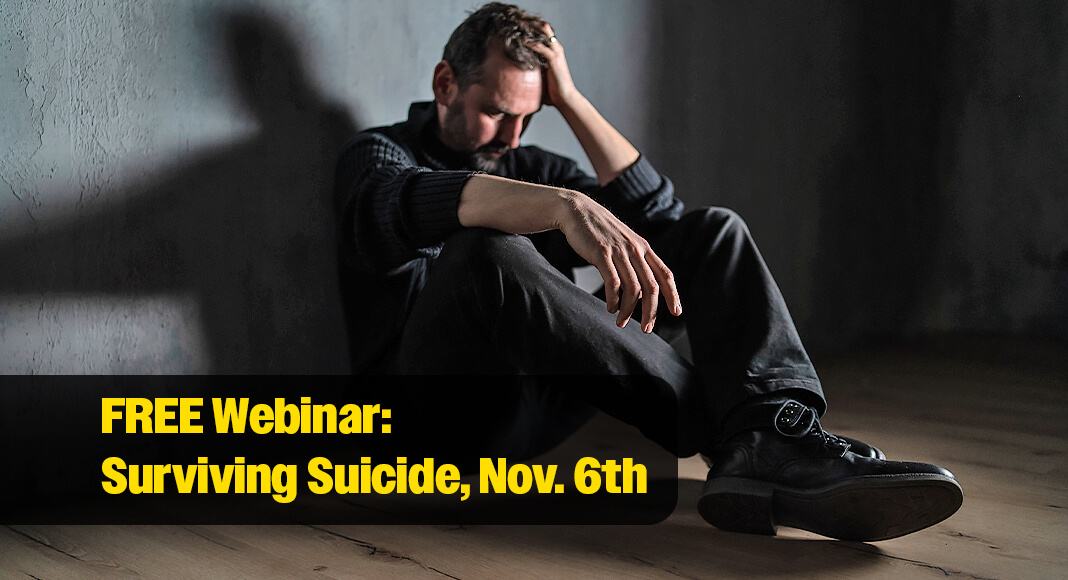
Mega Doctor News
Recovering after a suicide attempt is a critical and taxing period in an individual’s life. The emotional aftereffects of an attempt can be overwhelming, with a mix of emotions possible, including guilt, shame and relief. Accepting these feelings, which are very real and normal, is the first step towards healing.
“It’s common to feel a range of different emotions, from relief, numbness and disappointment to anger, guilt and shame, after attempting to end your life,” says Leticia Sosa, MSSW, LCSW, LCDC-I., KAP, CLYL, EMDR- Therapist, Director of Outpatient Services, South Texas Health System Behavioral. “It can also be tough to think about how you’ll manage after a suicide attempt, especially if you’re still experiencing difficult feelings. It’s completely normal to require time to recover.”
Statistically, most people who attempt suicide survive, according to the Centers for Disease Control and Prevention (CDC), and the vast majority will not go on to die by suicide later.
In 2025 to date, about 150 of every 100,000 emergency room visits were related to suspected suicide attempts, per the CDC, with about 17% requiring hospitalization and a considerable number resulting in serious and permanent injuries or disabilities.
Seeking professional help is imperative during the recovery process because it allows an individual to explore and understand the underlying issues that led to the suicide attempt, while offering a safe space to express one’s feelings and learn coping strategies. Seeking guidance from a therapist or counselor can play a significant role in navigating the challenges of recovery.
“Even if you feel better at the moment, it’s important to take steps to reduce the chances of future suicide attempts,” says Sosa. “It all starts with knowing and confronting your own risk factors, which a mental health professional can help you identify. A combination of professional treatment and self-help strategies can help change your life and put you on the right track.”
To help Rio Grande Valley residents better understand the healing process, STHS Behavioral will dedicate its latest Let’s Talk Your Mental Health webinar to surviving suicide.
Broadcast live via South Texas Health System’s Facebook page, from 5:30 – 6:30 p.m., on Thursday, November 6, 2025, the online seminar will highlight ways to create a safe space where healing begins, hope is rekindled and conversations can lead to understanding and support.
The webinar will shine a spotlight on the importance of understanding triggers that can affect your trauma, as well as effective coping strategies for trauma healing and resources available to support your mental health.
For more information on the webinar, visit the STHS Facebook Events page. If you’d like to view previous Let’s Talk Mental Health seminars, visit STHSLetsTalk.com.
| Who: | South Texas Health System Behavioral |
| What: | FREE virtual seminar entitled “Let’s Talk Mental Health – Surviving Suicide” |
| When: | Thursday, November 6, 2025, from 5:30 – 6:30 p.m. |
| Where: | Online via STHS’ Facebook page |











